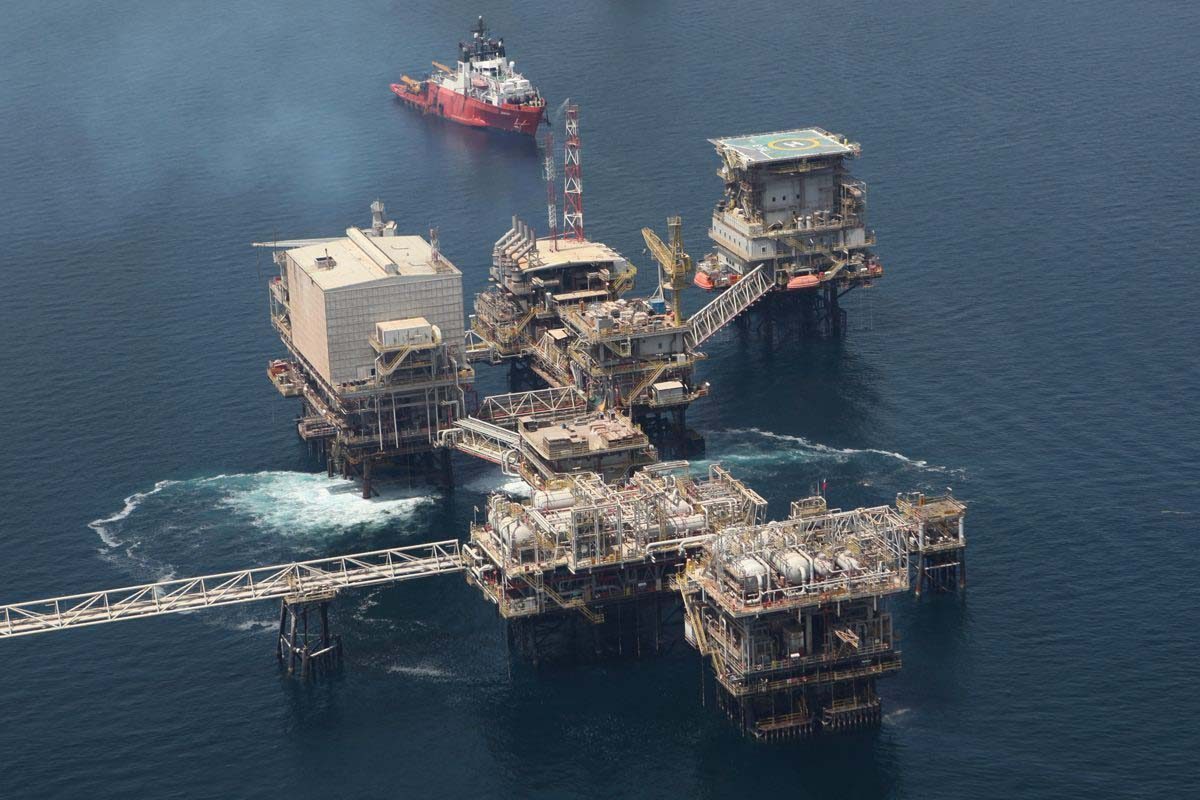
Qatar Petroleum (QP) has wrapped up its eight-month restructuring process and has no immediate plans to lay off any more staff, the company’s president and CEO said in the first official comment on the subject.
Speaking at a press conference yesterday, Saad Sherida Al-Kaabi, who took over the top job at the state-owned petroleum company last September, refused to confirm how many people were affected by the retrenchment program, which has been underway since November 2014.

However, unconfirmed reports put the figure in the thousands. As part of the cull, several long-standing and experienced staffers have apparently had their contracts terminated, including those over the official QP retirement age of 60.
Earlier this year, unnamed industry sources told Reuters that the job cuts to the organization’s 14,000-strong workforce could involve losing up to 30 percent of employees in some areas.
‘Right-sizing’
Al-Kaabi described the reorganization as a “right-sizing” to create a more streamlined company.
“We have ‘right-sized’ our organization to be more dynamic and efficient and it’s complete as per our original plans. There are no plans for a further restructuring, at least at this point of time,” the Peninsula quotes him as saying to reporters yesterday, adding that no Qatari employees were laid off during the process.
But he declined to put a figure on the number of staffers who have lost their jobs or the total number of current employees, saying: “I am ready to take any questions, but not the number of employees whose contracts were not renewed. It will hurt sentiments, which I do not want.”

Al-Kaabi also appears to have stopped short of promising job security for staff at QP’s subsidiary companies, which include RasGas, QatarGas, Qatalum and QChem, among others.
These firms are reviewing their requirements based on business needs and will make their own decisions on staffing, Gulf Times reported him as saying.
Plans for the corporate restructure are understood to have begun before the global oil price crashed.
However, as the world’s largest producer and exporter of liquified natural gas (LNG), Qatar has felt the impact of the dip.
“While we have no control over markets and prices, we do have control over our costs and expenditure,” Reuters reports Al-Kaabi as saying, adding that the firm had now reached a size which would make it dynamic and efficient. “This will be a stable organization going forward.”
Oil and gas focus
In addition to layoffs, QP will cease non-core business operations involving insurance, catering and service companies that will instead become part of the private sector, Al-Kaaba said, adding: “Today we have incubated them, they have grown…so it’s best to focus on our core business, oil and gas.”
At the beginning of this year, QP confirmed that it would be absorbing its wholly-owned subsidiary Qatar Petroleum International (QPI), which was formed in 2007 as a foreign investment arm, into the parent firm.
QPI had created 10 joint ventures in countries including the United States, Britain, Italy, Singapore and Egypt.
As part of the review of projects at the organization, QP also confirmed in January that it would not be proceeding with its $6.4 billion Al Karaana petrochemical project it had been due to undertake in Qatar in partnership with Shell.
However, Al-Kaabi said that QP was continuing with other international ventures, including a liquefaction plant in Texas, known as the Golden Pass.
If US regulators approve an export licence for the project, construction on it is expected to get underway next year, Bloomberg said.
“We are very ambitious internationally. We are focusing on the upstream business,” the business newswire quotes Al-Kaabi as saying.
Thoughts?







